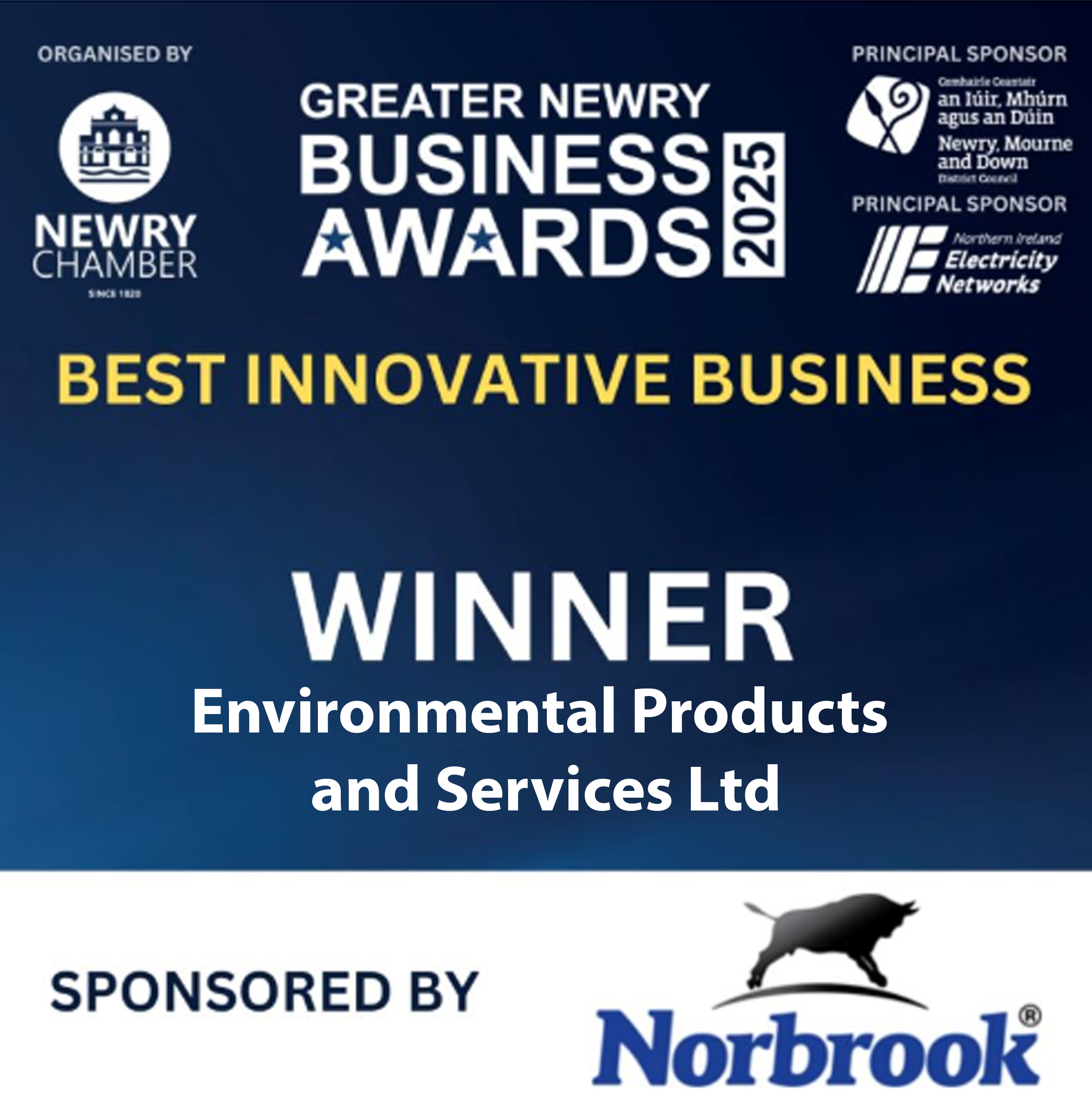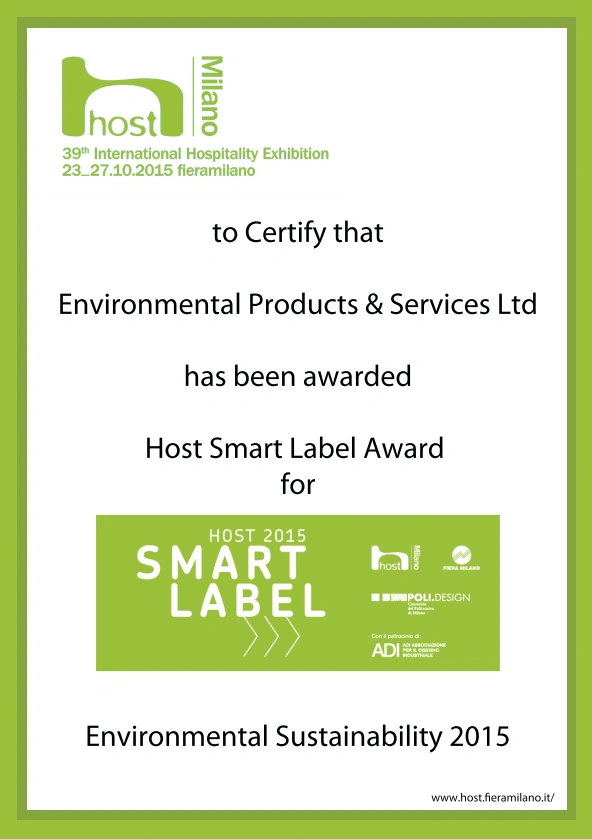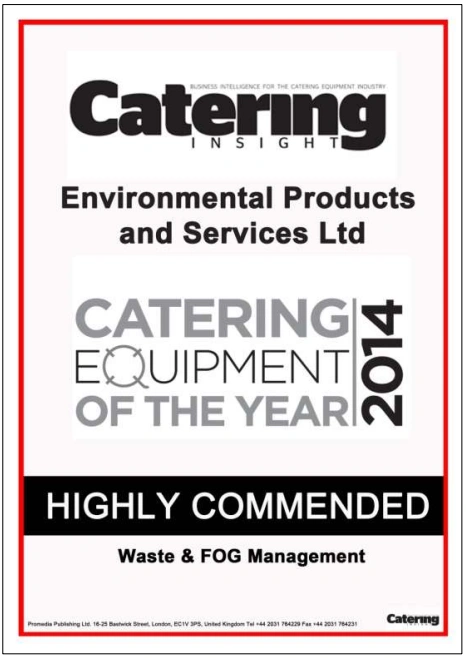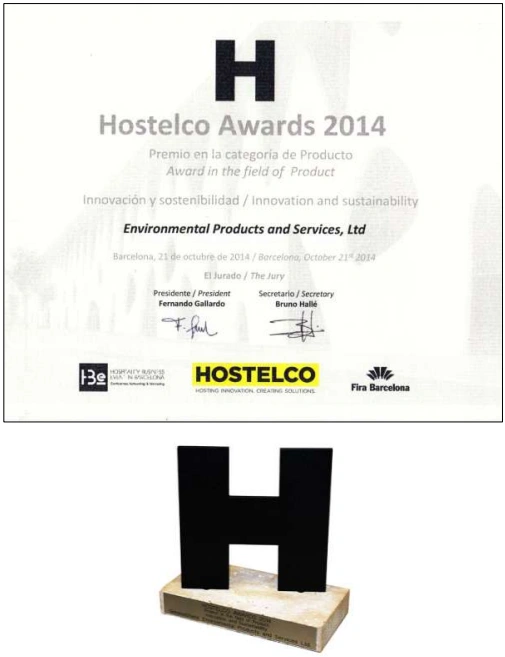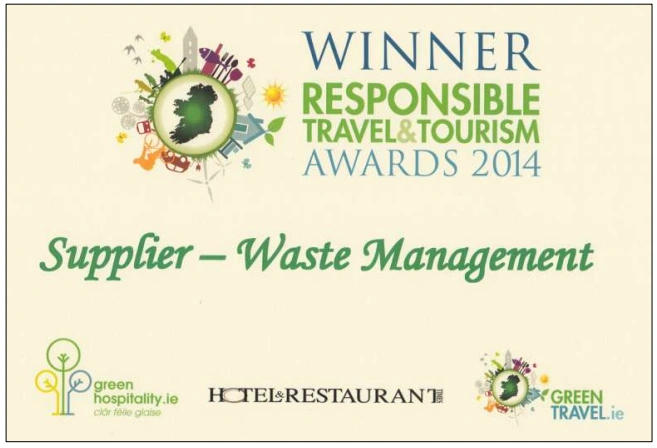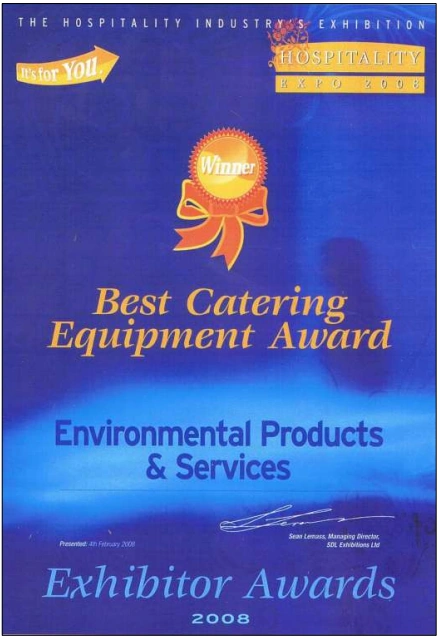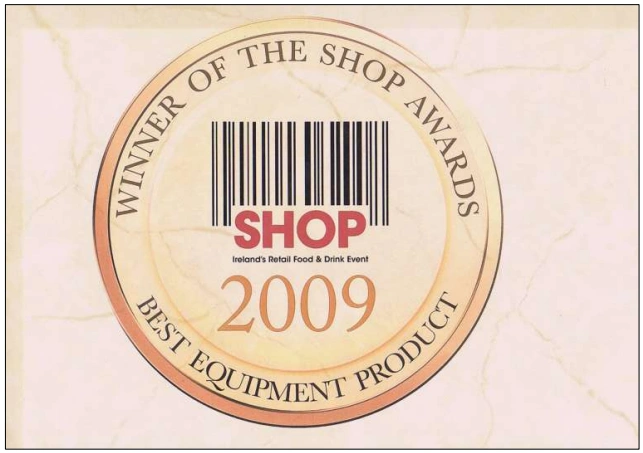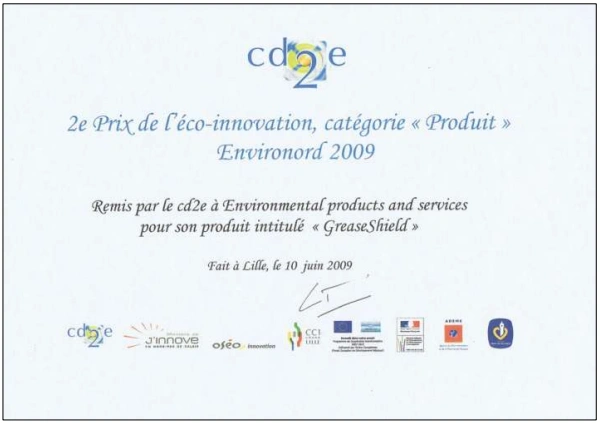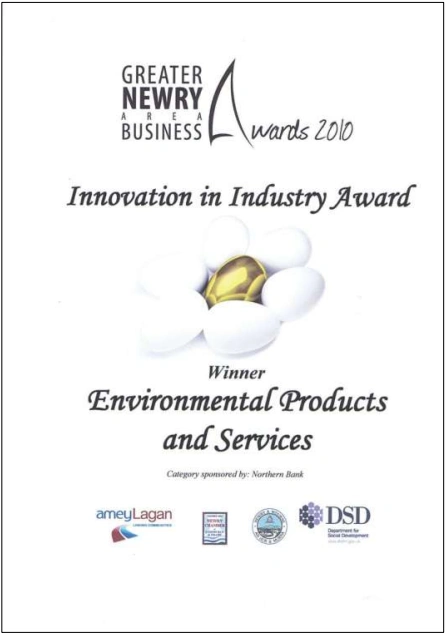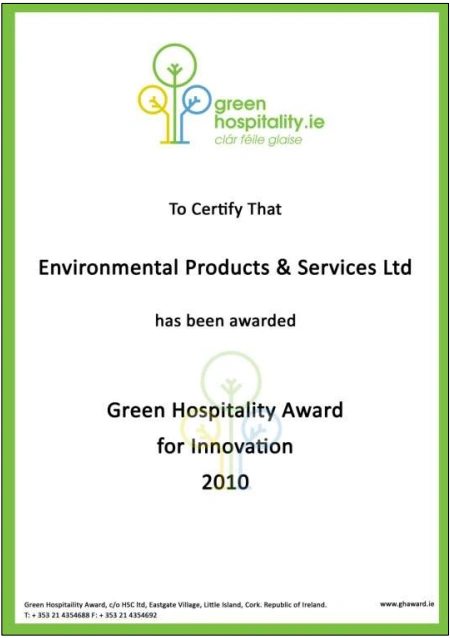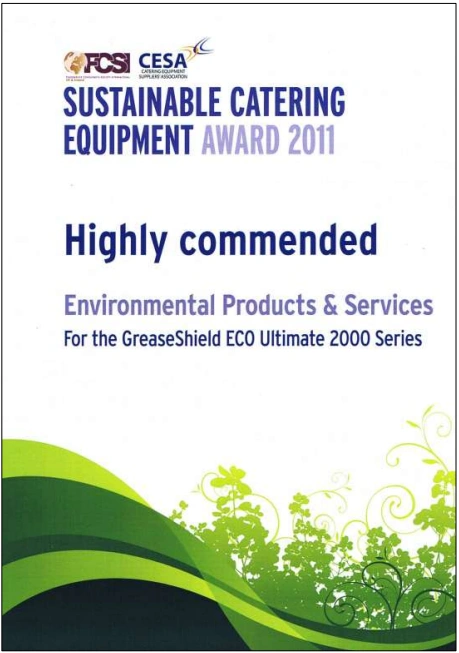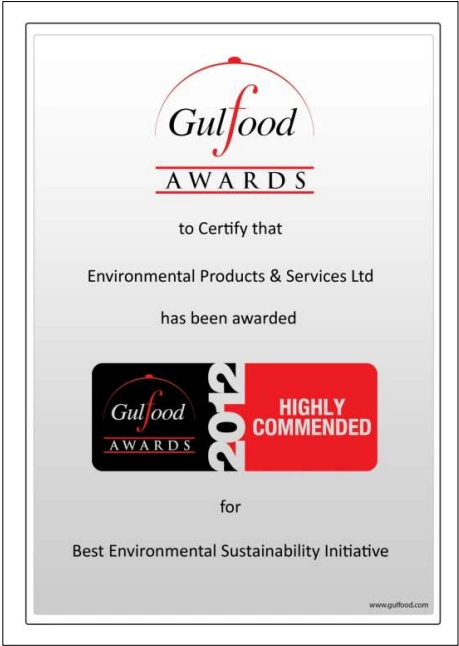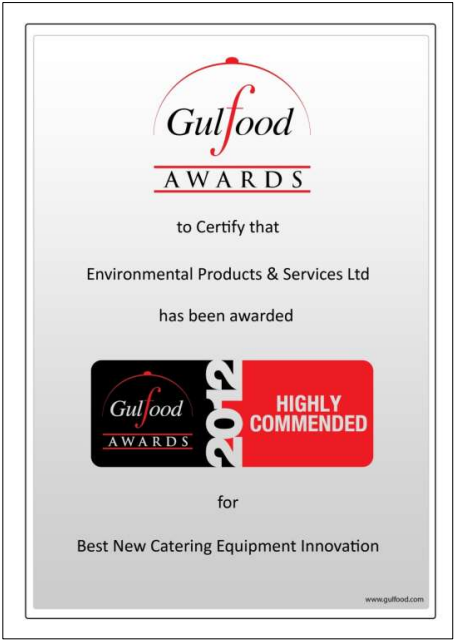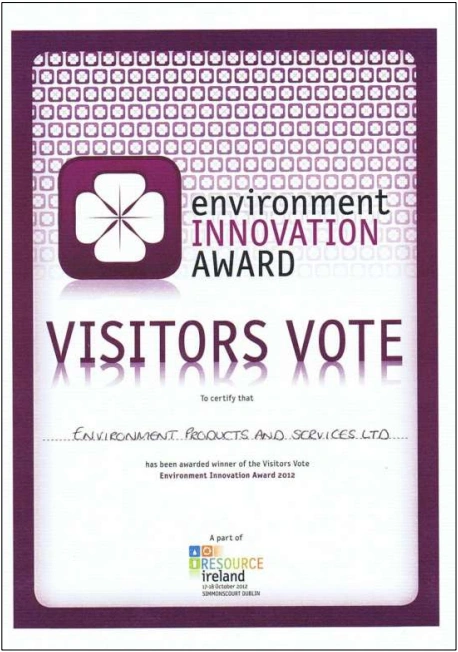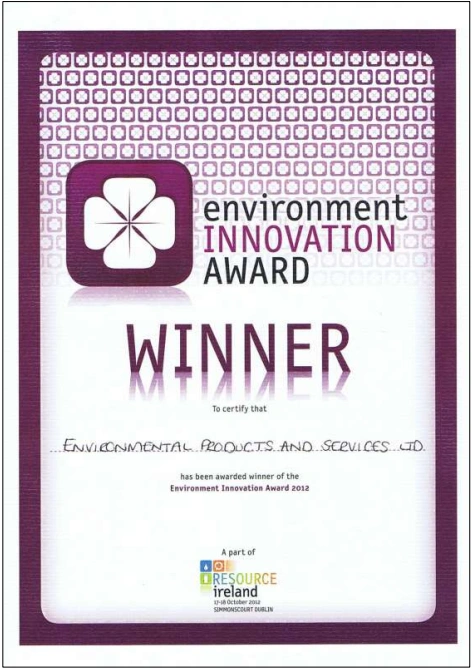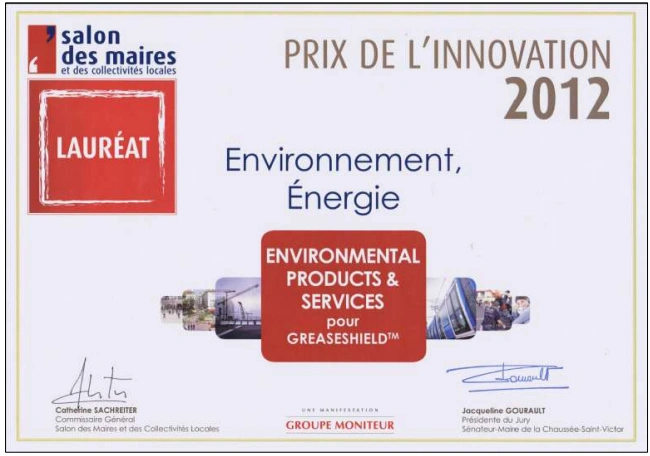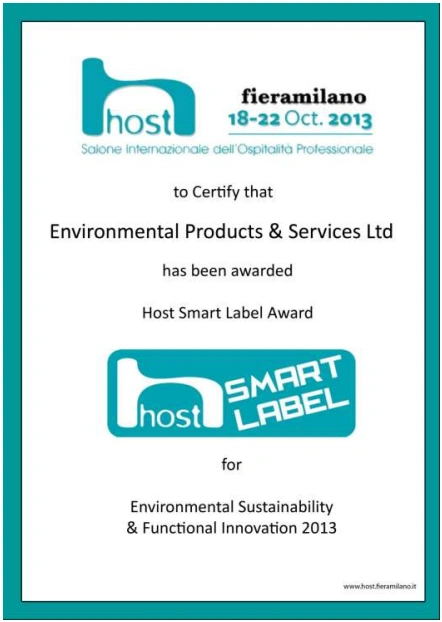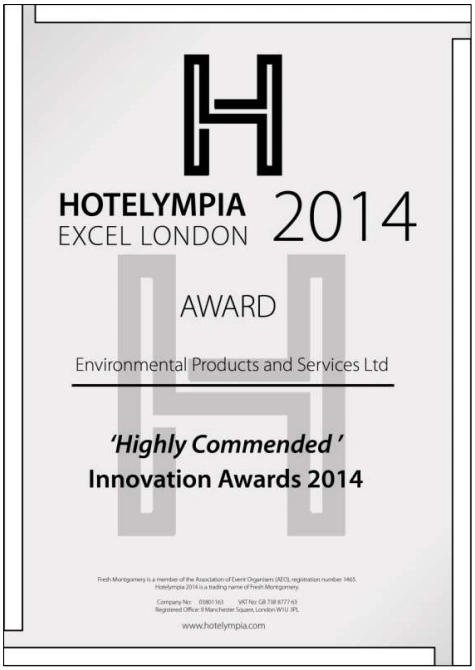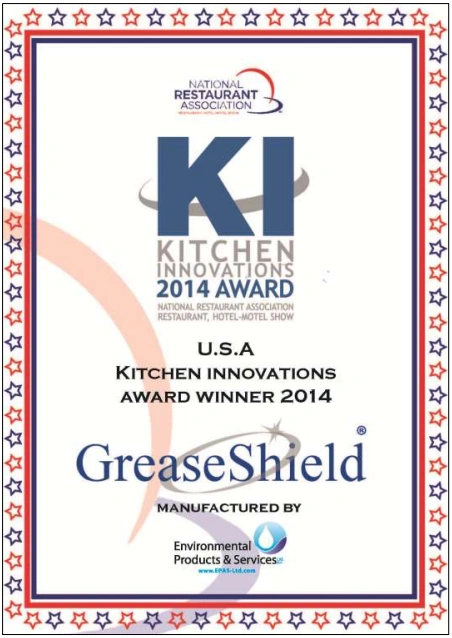The increasing menace of fatbergs in urban sewer systems is a growing concern for city officials and the environment. These massive blockages, formed from fat, oil, grease (FOG), and other waste materials, can cause serious damage to drainage infrastructure and lead to costly repairs. The root of the problem often lies in improper grease disposal practices by businesses, particularly in the food service and hospitality industries. In this blog, we’ll debunk common grease disposal myths and explore how EPAS is helping to prevent fatbergs through innovative grease management solutions.
What Are Fatbergs, and Why Do They Form?
Fatbergs are large, solid masses formed in sewer systems when FOG (fats, oils, and grease) and other waste materials like wet wipes, food particles, and sanitary products accumulate and solidify. Over time, these materials combine to create a stubborn blockage that disrupts the flow of wastewater, potentially leading to backflow, flooding, and environmental contamination.
Improper grease disposal is one of the leading causes of fatbergs, particularly in areas with a high concentration of restaurants, hotels, and food processing facilities. Unfortunately, many businesses unknowingly contribute to fatbergs by following outdated or incorrect methods of grease disposal.
Common Grease Disposal Myths
Let’s look at some common myths surrounding grease disposal and how they contribute to the formation of fatbergs:
1. Myth: Hot water breaks down grease and prevents clogs.
Reality: While it may seem like hot water dissolves grease, the truth is that the water cools down as it moves through the pipes. This causes the grease to solidify further down the line, where it begins to accumulate and form blockages. Instead of eliminating grease, hot water simply shifts the problem further into the sewer system.
2. Myth: Soap and detergents can dissolve grease permanently.
Reality: Many people believe that dish soaps or degreasers will break down grease enough to prevent clogs. However, these cleaning agents only emulsify the grease temporarily, allowing it to flow through the pipes. Once the soap breaks down, the grease can solidify and begin to form a fatberg.
3. Myth: Pouring grease into the sink is fine if you do it in small amounts.
Reality: Even small amounts of grease can contribute to the build-up of fatbergs over time. Continuous disposal of even minimal quantities of FOG will eventually clog pipes and sewers. Proper disposal techniques, such as collecting grease in designated containers, are necessary to prevent blockages.
4. Myth: Grease traps don’t need regular maintenance.
Reality: Many businesses install grease traps but neglect to maintain them regularly. A poorly maintained grease trap can overflow, allowing grease to enter the drainage system. Regular cleaning and servicing of grease traps is essential to keep them functioning effectively and prevent FOG from reaching the sewers.
How EPAS Helps Prevent Fatbergs
EPAS is at the forefront of grease management, offering a range of solutions designed to prevent fatbergs and protect both businesses and city infrastructure. One of the standout products offered by EPAS is the GreaseShield®, an advanced grease trap system that not only separates FOG from wastewater but also actively prevents solid waste from entering the drainage system. This prevents fatbergs from forming and ensures that only clean, grease-free water is discharged into the sewers.
Key benefits of EPAS solutions like the GreaseShield® include:
- Efficient FOG removal: The GreaseShield® separates and captures fats, oils, and grease before they enter the drain, reducing the risk of fatberg formation.
- Sustainable disposal: EPAS solutions make it easier for businesses to collect and dispose of grease responsibly, ensuring that it does not end up in the sewer system.
- Reduced environmental impact: By preventing fatbergs, EPAS helps protect water systems from contamination, minimizing environmental damage.
- Cost savings: Preventing fatbergs saves businesses and municipalities from costly repairs, pipe replacements, and emergency clean-up operations.
Educating Businesses on Proper Grease Disposal
In addition to offering cutting-edge products like GreaseShield®, EPAS is committed to educating businesses about the importance of proper grease disposal. By raising awareness of the risks associated with fatbergs and debunking common myths, EPAS helps businesses in the hospitality, restaurant, and facility management sectors adopt best practices for grease management.
Here are some tips EPAS recommends to prevent grease-related issues:
- Use a high-quality grease trap or grease interceptor: Install systems like the GreaseShield® to capture grease before it enters the drainage system.
- Regularly clean and maintain grease traps: Schedule routine maintenance to ensure grease traps are working efficiently.
- Collect used grease in containers: Rather than pouring grease down the drain, collect it in designated containers and arrange for proper disposal.
- Educate staff: Ensure employees are trained on correct grease disposal techniques and the importance of keeping FOG out of the drain.
A Grease-Free Future
Fatbergs are not just a nuisance; they pose a significant threat to public infrastructure and the environment. However, with the right solutions and education, businesses can prevent these costly and damaging blockages. EPAS is leading the way with advanced grease management systems like the GreaseShield®, which help prevent fatbergs while promoting sustainability. By adopting proper grease disposal practices and investing in high-quality equipment, businesses can protect their plumbing, reduce costs, and contribute to the preservation of city sewer systems.
Don’t fall for the myths—take action today by choosing a reliable grease management system that helps prevent fatbergs and promotes efficient waste disposal.
Interested in learning more about how EPAS products like GreaseShield® can help your business prevent fatbergs?







